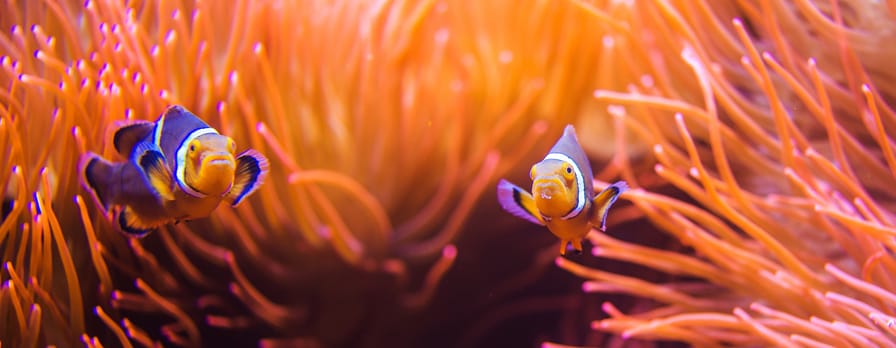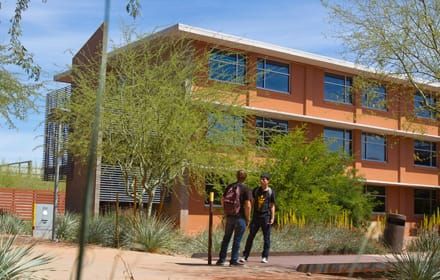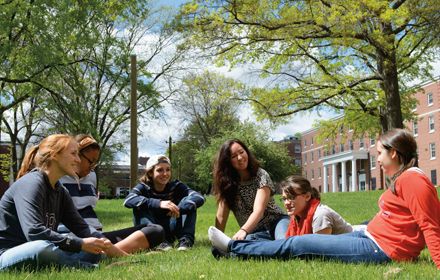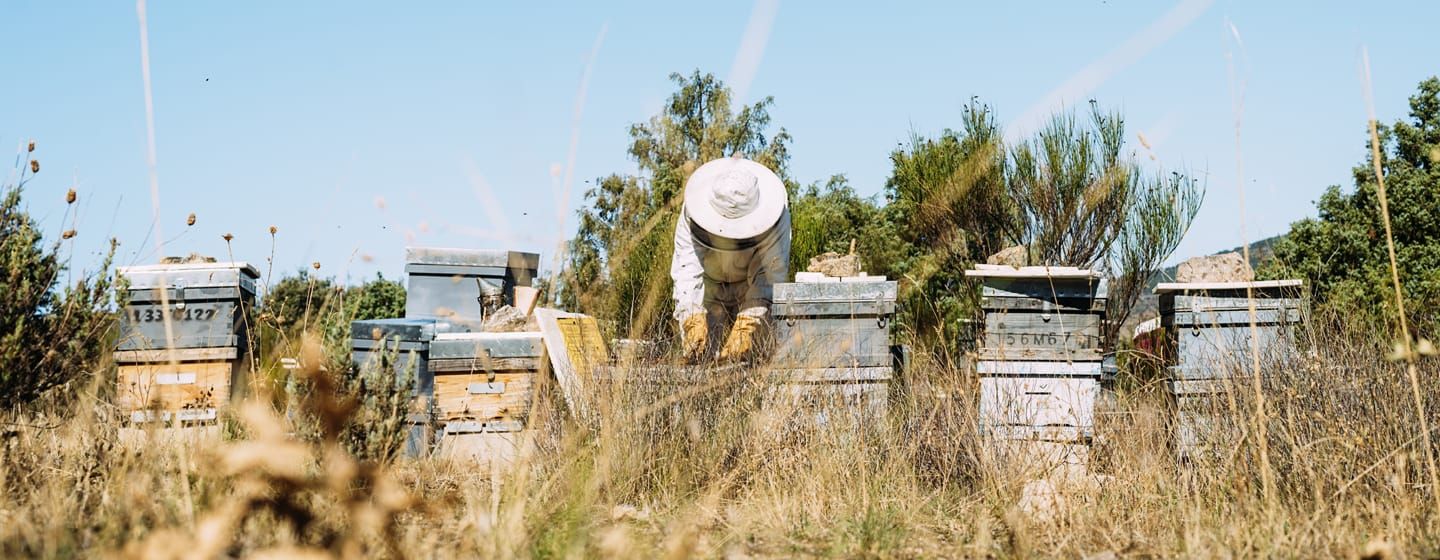Climate change is one of the biggest issues currently facing our planet. That’s why we’re proud to be able to tell you about all the ways our US university partners are working to fight global warming and support sustainability.
Rankings success for ASU and UConn
We’ve already revealed how Kaplan’s partner universities are among the most sustainable in the UK. We’re pleased to tell you that our US university partners are topping the sustainability leagues too!
The Sierra Club’s Coolest Schools list is a ranking of the USA’s most sustainable colleges and universities — and we’re delighted to see that two of our US university partners appear in the top 10.
First up, Arizona State University (ASU) comes in at a fantastic number 1 in the list! One thing Sierra highlighted is ASU’s work in 2021 leading the world in mapping and monitoring endangered coral reefs using AI technology.

There was particular praise for the way the University is looking to the future, as well. ASU has set up a new Global Futures Laboratory that will provide “spaces for scientists, educators and leaders across ASU and around the world to address critical issues related to the future of planet Earth”.
ASU has also launched a brand new degree, BA Community Development, which will prepare students for careers in fields such as food security, renewable energy and sustainable development.
Finally, students at the University’s Polytechnic campus have welcomed some new feathered friends to campus after collaborating with scientists to build safe habitats for the endangered native burrowing owl!
Next, the University of Connecticut (UConn) ranks an impressive 8th in the Coolest Schools list. UConn was also recognized for its forward thinking, with ambitious plans to be fully carbon neutral by 2040.
The University kept up its efforts during lockdown, launching a pop-up online course on climate action that attracted over 1,000 student participants. Graduates have also remained engaged with UConn’s sustainability plans — a recent graduate developed the UConn sustainability environmental justice toolkit, which provides valuable guidance to aspiring environmental advocates.
Students have also enjoyed eco-friendly social activities, like a hike through the University’s Hillside Environmental Education Park, and are also competing in an inter-residence hall competition to see who can save the most energy and water!
 ASU’s Polytechnic campus
ASU’s Polytechnic campus Simmons’ residence campus in Boston
Simmons’ residence campus in BostonThat’s not where the accolades end though. The Times Higher Education Impact Rankings 2022, which assess universities against the United Nations’ Sustainable Development Goals, rank ASU as 2nd overall and a fantastic 4th in the world for climate action.
Meanwhile, the UI GreenMetric World Rankings evaluates universities against measures such as energy and climate change, water and waste — UConn comes in at an impressive 8th in the world in the 2022 rankings.
GreenPace
In New York, Pace University has also demonstrated a strong commitment to taking action on climate change. Pace’s Dyson College Institute for Sustainability and the Environment encourages staff, students and alumni to get involved in sustainability projects at all of the University’s campuses through GreenPace.
For example, in 2019 the Westchester campus became an official Bee Campus, in recognition of its efforts to conserve bee populations by building bee hives and planting pollinator gardens. Clinical Associate Professor of Environmental Studies and Science Michael Rubbo said:
share this quote
Other successful initiatives include a water aerator program, which saves an average of 2,688,781 gallons (12,223,440 liters) of water a year by fitting aerators to all dorm room faucets, and a solar-powered e-tree.
The e-tree uses solar panels to generate its own electricity, which provides WiFi, a charging station, lighting, a panic button and an LCD screen giving more information about the tree.

Sustainability at Simmons University
Simmons University in Boston has made great strides towards becoming a fully sustainable campus. Recent renovation projects, such as the expansion of the Beatley Library and Fens Cafeteria, used recycled and sustainable materials and incorporated elements of sustainable design aimed at reducing energy and water consumption.
Other sustainability-related improvements on campus have included installing a reflective roof on the Holmes Sports Center, to keep the building cool without relying on air conditioning.The University is also reducing electricity consumption by controlling interior lights via motion sensors.
Elsewhere, a smart approach to temperature control means classroom temperatures are set based on the room occupancy, and the installation of campus ‘hydration stations’ has reduced the need for single-use plastic water bottles.
Plus, a drive to increase the use of recycled products on campus means that all paper towels and toilet tissue are made from recycled materials!
Make a difference
If you’d like to get involved in the fight against climate change, getting a degree from a top US university for sustainability is a great place to start. You can use the degree finder below to see what you could study at each of our US university partners, or click on the links to learn more.





